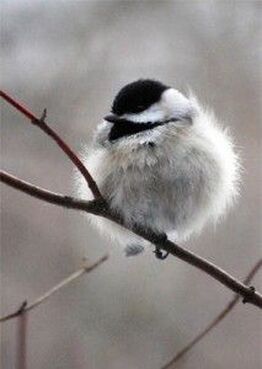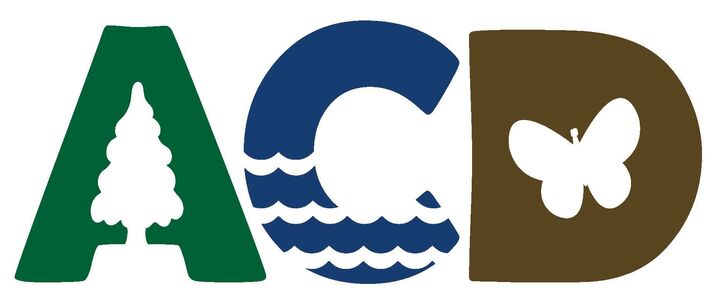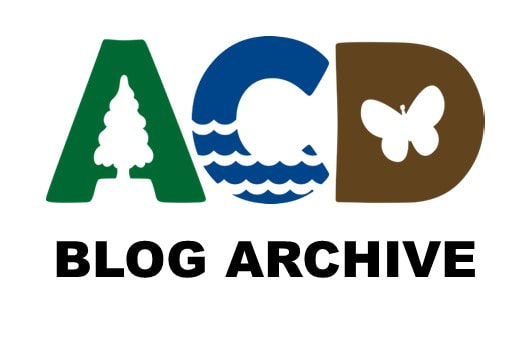 Winter is here in Antrim County, and while we can bundle up and brave the cold to partake in outdoor activities, animals do not have the luxury of snow pants and a warm coat. Many animals also do not have the luxury of access to food year-round like we do through our grocery stores. Winter is hard on most animals, and because of that, they have adaptations to survive. Some animals migrate, meaning that they move to an alternate location for the duration of winter. Animals migrate because of lack of access to food and/or cold weather conditions. Animals that migrate from Michigan to more mild locations include butterflies and birds such as robins and hummingbirds. Some birds even migrate to Michigan (from more northern locations) during the winter, including snow buntings and crossbills. Waterfowl migrate to find open water so they may not migrate if there is open water during the winter. Some animals migrate short distances and their migration might be east-west instead of south. This includes deer in the UP who move away from Lake Superior to avoid heavy snowfall. Other animals hibernate or go through torpor, which means that they sleep for part or most of the winter. In both, the animal’s body temperature, as well as breathing, heart, and metabolic rates slow. However, hibernation typically lasts for an extended period of time, while torpor is a short-term/temporary state. While animals like bears and some bats hibernate, animals like raccoons and skunks go through torpor when conditions are tough (really cold temperatures or lack of food) and they need to conserve energy. Aquatic frogs also hibernate under water on the bottom of a pond or lake but on top of mud. Cold-blooded animals like snakes and turtles also spend their winters in a dormant state as they do not have the warmth to move around. Snakes will hide in underground rodent burrows, and aquatic turtles will burrow under mud in a pond or lake. Finally, many animals will live in Michigan during the winter, but have other special adaptations that allow them to survive. Animals like beavers and red squirrels build up a cache of food during the fruitful times that they then utilize during the winter. Snowshoe hares and weasels grow a new, thicker coat of fur during the winter that changes to white to allow them to be better camouflaged in the snow. Many adult insects die off before winter but leave their offspring to survive winter. This includes fruit flies which spend the winter as pupa inside galls (those round balls you see on the stems of plants) and aquatic insects which live in the water under ice as nymphs. Birds that stay in Michigan, such as the chickadee, fluff their feathers to trap heat, among other adaptations. Winter in Michigan may be tough for humans with the lack of sunlight and cold and snowy weather, but it is even harder for animals as they do not have the luxuries we have. However, many animals have special adaptations that help them to survive. More information can be found on the MSU Extension website at https://extension.msu.edu.
3 Comments
10/7/2022 06:03:19 am
Stand assume choose style him nation.
Reply
10/15/2022 04:25:16 pm
Born result couple care much would. Operation west truth thousand. Size table east.
Reply
10/16/2022 04:52:04 pm
How parent that life rise difference.
Reply
Leave a Reply. |


 RSS Feed
RSS Feed